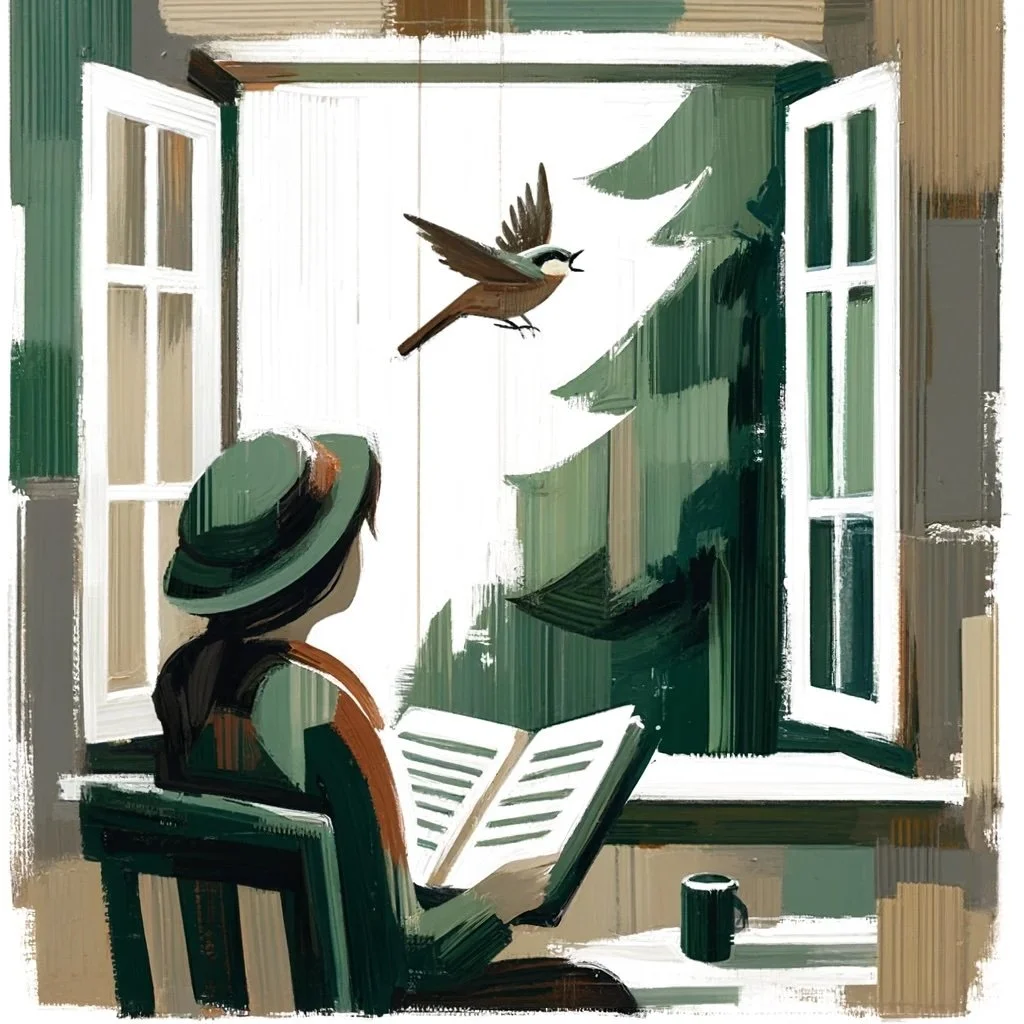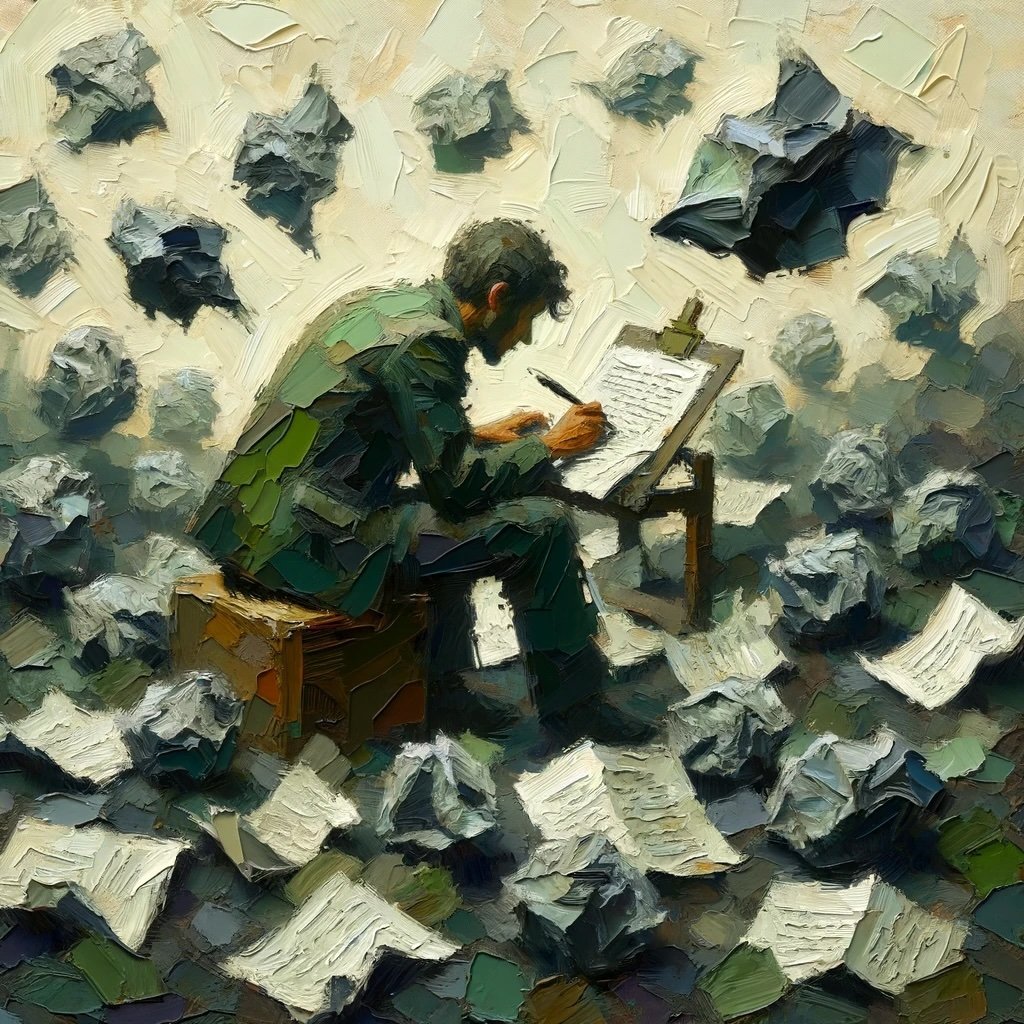SEO Blog
The Gilliam Writers Group is obliged to produce a new blog post every weekday in order to rank in online search results; doing so is essential for our business. Although the content herein is therefore obligatory and not “art for art’s sake,” we do our best to make each post as interesting, original, and well-constructed as possible, given the constraints at hand.
We hope you find some value in our output, and that our transparency here is taken for what it is: a gesture of good faith toward consumers.
To register an objection to the necessity of our SEO blog, or to the proliferation of this style of corporate blogging, please contact the companies behind your favorite search engines.Morning Freewriting: Tips and Techniques from Writing Coaches
Morning freewriting is a practice designed to harness the creative potential of the mind in its most uninhibited state. Writing coaching can play a crucial role in helping writers cultivate a freewriting practice. A writing coach provides personalized guidance, accountability, and support, which can be particularly valuable for individuals looking to establish a consistent routine.
Dreams and Disruptions: Afro-Surrealism and Its Impact on African American Literature
Through its unique blending of the surreal with the realities of racial and cultural identity, Afro-Surrealism provides a profound critique of both past and present, encouraging a reimagining of what reality might encompass. A fiction and memoir writing coach can play a pivotal role in guiding African American writers interested in Afro-Surrealism through a process of experimentation and engagement with the movement's core tenets.
Exploring the Hinterland: The Unseen Depths of Literary Worlds
The hinterland is essential not just for the richness it brings to a story's setting, but also for enhancing narrative coherence and depth, contributing to a fuller, more engaging reading experience. Storytelling coaching with a fiction writing tutor can be invaluable for writers looking to craft a rich hinterland in their books.
The Travel Log
A detailed travel log is vital in the early generative stages of travel writing. It ensures accuracy, aids memory, and provides rich, authentic material from which compelling travel narratives are crafted. Travel writing classes with a nonfiction writing coach can be instrumental in helping aspiring travel writers develop a consistent and effective travel log practice.
Closing the Gap: The Art of Psychic Distance
For authors, mastering the use of psychic distance can lead to more effective storytelling, as it allows them to guide readers' empathy and understanding throughout the novel. A manuscript consultation with a freelance book editor and storytelling coach can help authors use psychic distance more intentionally in their work.
Trial and Error: Cultivating Your Writing Practice
Finding your ideal writing routine requires patience and an openness to change, as the best practices for one project or phase of life might not work as well in another. Consulting services with a freelance, one on one writing coach can be instrumental in helping a writer establish a healthy and effective writing routine, particularly by offering guided prompts and accountability.
Personification: Insights from a Children's Book Editor
As society evolves, so too does the application of personification in literature, reflecting changing values and the growing awareness of young audiences. A children's book editor plays a crucial role in refining the author’s use of personification to achieve its intended effect on young readers.
Decoding Symbolism: A Guide to Enhancing Your Literary Craft
While symbols are integral to enriching literary works, creating and integrating them effectively demands sensitivity to the narrative's subtleties and a deep understanding of the audience's perspective. A manuscript consultation with a freelance book editor is an invaluable step for writers looking to refine and enhance the symbolic and imagistic elements of their book.
Triadic Harmony: The Rule of Three in Book Writing
By structuring events, descriptions, and narrative progressions in groups of three, writers are able to tap into a deeply ingrained human preference for pattern and symmetry. Writing consulting services with a freelance writing coach offer a valuable opportunity for authors to implement the Rule of Three in every stage of their book’s development.
Weaving Blue: How Maggie Nelson's "Bluets" Merges Memoir and Poetry
Whether you want to learn how to capture your own experiences in life writing courses or hone your ability to evoke vivid imagery in a poetry writing class, guided study of “Bluets” with a memoir writing coach can help you improve your craft.
The Fiction Writer's Guide to Mind Mapping: Developing Characters and Plots Visually
In addition to traditional linear notes, a freelance writing coach can offer a mind map as a dynamic way to freely associate ideas. This does more than speed up the idea generation process in fiction writing classes. The visual nature of mind maps helps in fiction writers spot connections and gaps in their narrative more easily.
Defamiliarization: The Art of “Making Strange”
A fiction writing coach can leverage the concept of defamiliarization to not only deepen the narrative's intrigue but also sharpen the writer's ability to convey sensory details and encourage a freer experimentation in their craft.
From Hero to Shadow: Exploring Archetypal Roles in Fiction
Storytelling coaches, equipped with an understanding of archetypal structures, play a crucial role in guiding fiction writers through the development of their work. From conceptualization to revision, coaches help writers harness the power of archetypes to craft narratives that are engaging, meaningful, and reflective of what it means to be human.
Jonathan Swift and the Art of Satirical Critique
The transformative journey of mastering satire, as detailed through the insights of "A Modest Proposal," highlights the indispensable role of a writing coach in guiding authors to leverage this potent narrative form.
Mastering the Art of Suspense: A Fiction Writer's Guide
Mastering the art of suspense is no small feat. It requires an understanding of narrative structure, character psychology, and the thematic underpinnings that make a story resonate on a deeper level. This is where the role of a fiction writing coach becomes invaluable.
The Art of Revision: Transforming Your First Draft
The process that unfolds post-first draft is both rigorous and rewarding, encompassing a series of deliberate and thoughtful steps aimed at elevating the manuscript to its highest potential. The role of professional editing emerges as a cornerstone in this journey, offering not just a keen eye for grammatical precision but a deep dive into the structural and thematic elements that define the narrative’s core.
Writing History: A Guide to Crafting Historical Fiction
Writers and historical fiction editors forge works of fiction that stand as vivid portals to the past, offering insights into the lives of those who walked before us and reflecting the universal themes that continue to shape our world today.
Essentials of Children's Literature: The Role of a Children’s Book Editor
Writing for children requires a delicate balance of simplicity and depth. The narrative and characters need to be engaging and relatable, conveying messages in a manner that is both entertaining and educational. A children’s book editor plays a critical role in refining a manuscript, ensuring it resonates with its intended audience while maintaining its educational and entertainment value.
Specters of the Past: Exploring Generational Memory Through the Ghosts of Literature
Writing coaches play a pivotal role in guiding clients to skillfully incorporate narrative devices, such as ghosts, to explore themes of the past, memory, and generational legacy in their work.
Unraveling the Monomyth: The Power of the Hero's Journey in Storytelling
Understanding the psychological underpinnings of the Hero's Journey enables coaches to help writers craft narratives that resonate emotionally with audiences. By focusing on the inner journey of the hero, writers can create stories that offer genuine insights into the human condition.





















